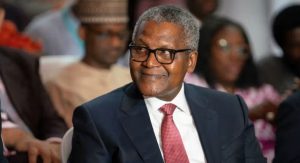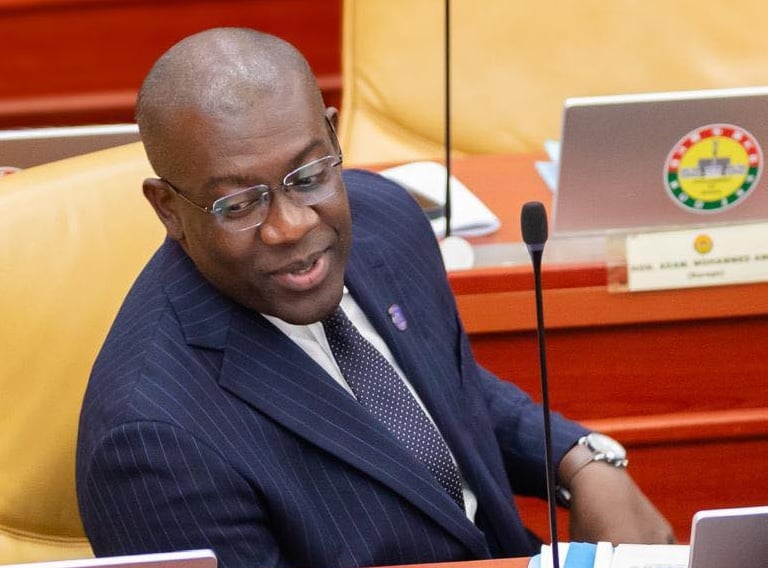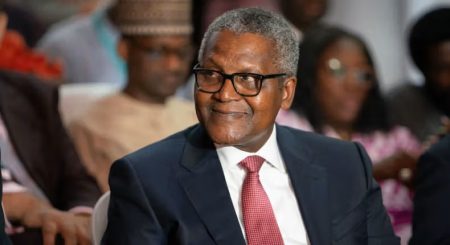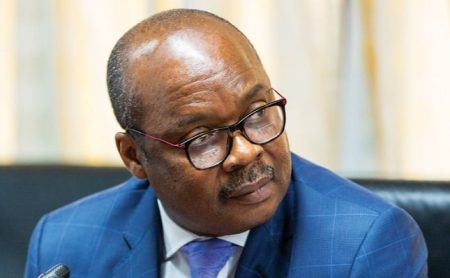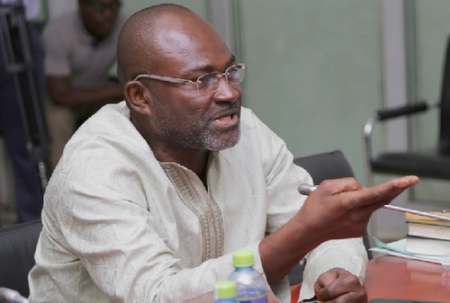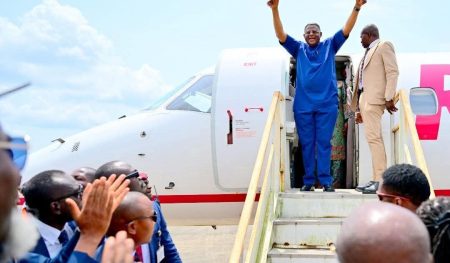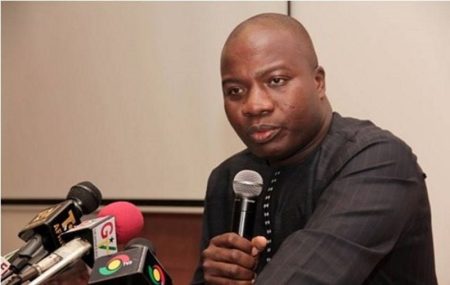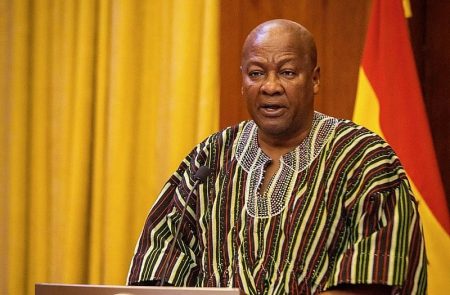Kojo Oppong Nkrumah’s urgent call for tariff exemptions on Ghanaian exports to the United States underscores the critical challenge posed by the newly imposed 10% tariff on all Ghanaian goods entering the U.S. market. This levy, he argues, threatens to erode the competitiveness of Ghanaian products, jeopardizing businesses and livelihoods dependent on exports to the U.S. His plea highlights the precarious position of Ghanaian exporters in the face of evolving global trade dynamics and the imperative for the government to act decisively to mitigate the potentially devastating impact of these tariffs. He advocates for proactive diplomatic engagement with the U.S. to secure waivers or exemptions, emphasizing the importance of swift and strategic government intervention in navigating such economic headwinds.
The former Information Minister’s concern stems from the understanding that increased costs resulting from the tariffs will make Ghanaian products less attractive in the U.S. market. This loss of competitive edge could cripple export-oriented businesses, particularly small and medium-sized enterprises (SMEs) that may lack the resources to absorb the added costs. The potential consequences extend beyond individual businesses, impacting the broader Ghanaian economy and the livelihoods of those employed in the export sector. Nkrumah’s warning serves as a stark reminder of the vulnerability of export-dependent economies to external shocks and the need for robust government policies to protect national economic interests.
Nkrumah’s call to action draws a direct link between the tariff issue and the government’s ambitious 24-hour economy agenda. He argues that the success of this initiative hinges on expanding export opportunities and bolstering domestic production. The tariffs, however, pose a significant obstacle to achieving these objectives. By increasing the cost of Ghanaian goods in the U.S. market, they stifle export growth and potentially undermine the viability of businesses operating within the envisioned 24-hour economic framework. Nkrumah’s argument underscores the interconnectedness of trade policy and domestic economic development strategies, emphasizing the need for coherence and strategic alignment between the two.
Furthermore, Nkrumah’s statement implicitly criticizes the current government’s response to the unfolding trade crisis. He contrasts the present situation with the proactive economic diplomacy pursued by the previous administration, citing initiatives like the African Continental Free Trade Area (AfCFTA) as examples of effective engagement in international trade negotiations. This comparison serves to highlight what he perceives as the current government’s inadequate response to the U.S. tariffs, suggesting a lack of urgency and strategic vision in addressing the challenge. His call for immediate action implies a need for more assertive diplomatic efforts to secure favorable trade terms for Ghana.
The broader context of Nkrumah’s appeal lies in the increasing complexities of global trade and the challenges faced by developing economies like Ghana in navigating this landscape. The imposition of tariffs by major trading partners like the U.S. can have far-reaching consequences for smaller economies, impacting their ability to compete in international markets and hindering their economic growth. Nkrumah’s call for tariff exemptions is thus a plea for greater consideration of the vulnerabilities of developing nations in the global trade system and a call for fairer trading practices that promote equitable economic development.
In essence, Nkrumah’s message is a clarion call for the Ghanaian government to prioritize the interests of its exporters and protect the gains achieved in recent years. He advocates for a proactive and strategic approach to trade negotiations, emphasizing the importance of securing favorable terms with key trading partners like the U.S. His warning about the potential consequences of inaction highlights the urgency of the situation and the need for swift and decisive government intervention to safeguard the Ghanaian economy and the livelihoods of its citizens. He frames the issue not merely as a trade dispute but as a critical test of the government’s ability to navigate the complexities of global economics and protect the nation’s economic future.


